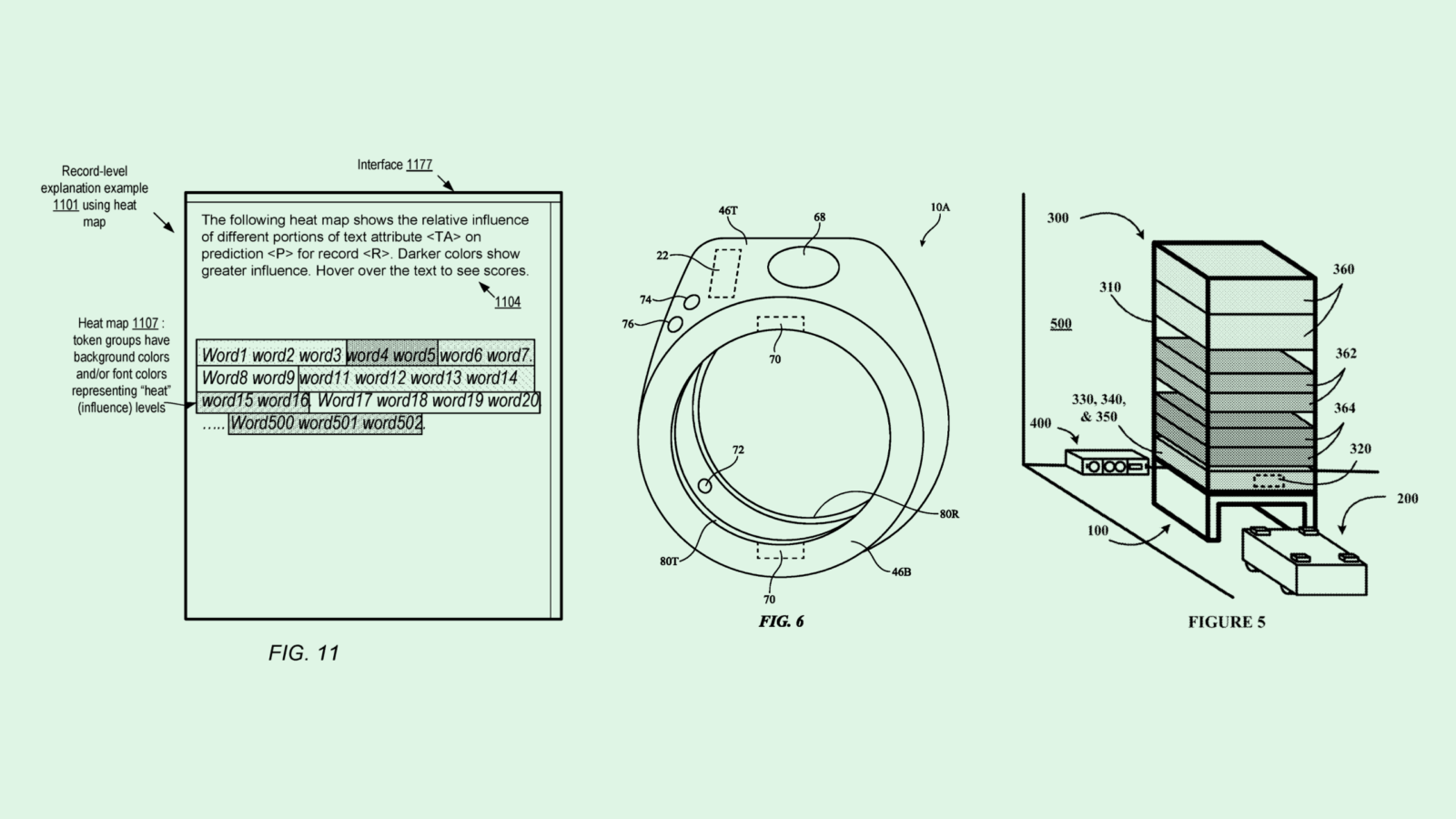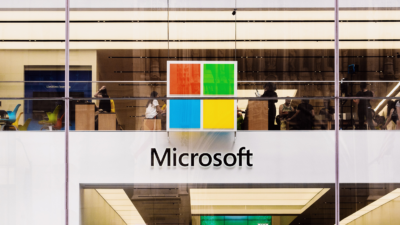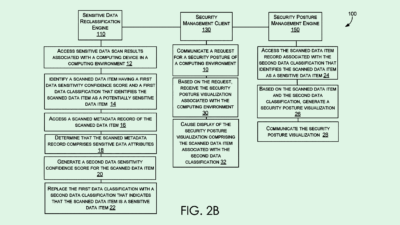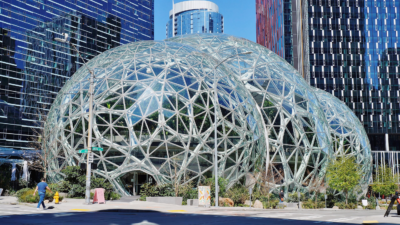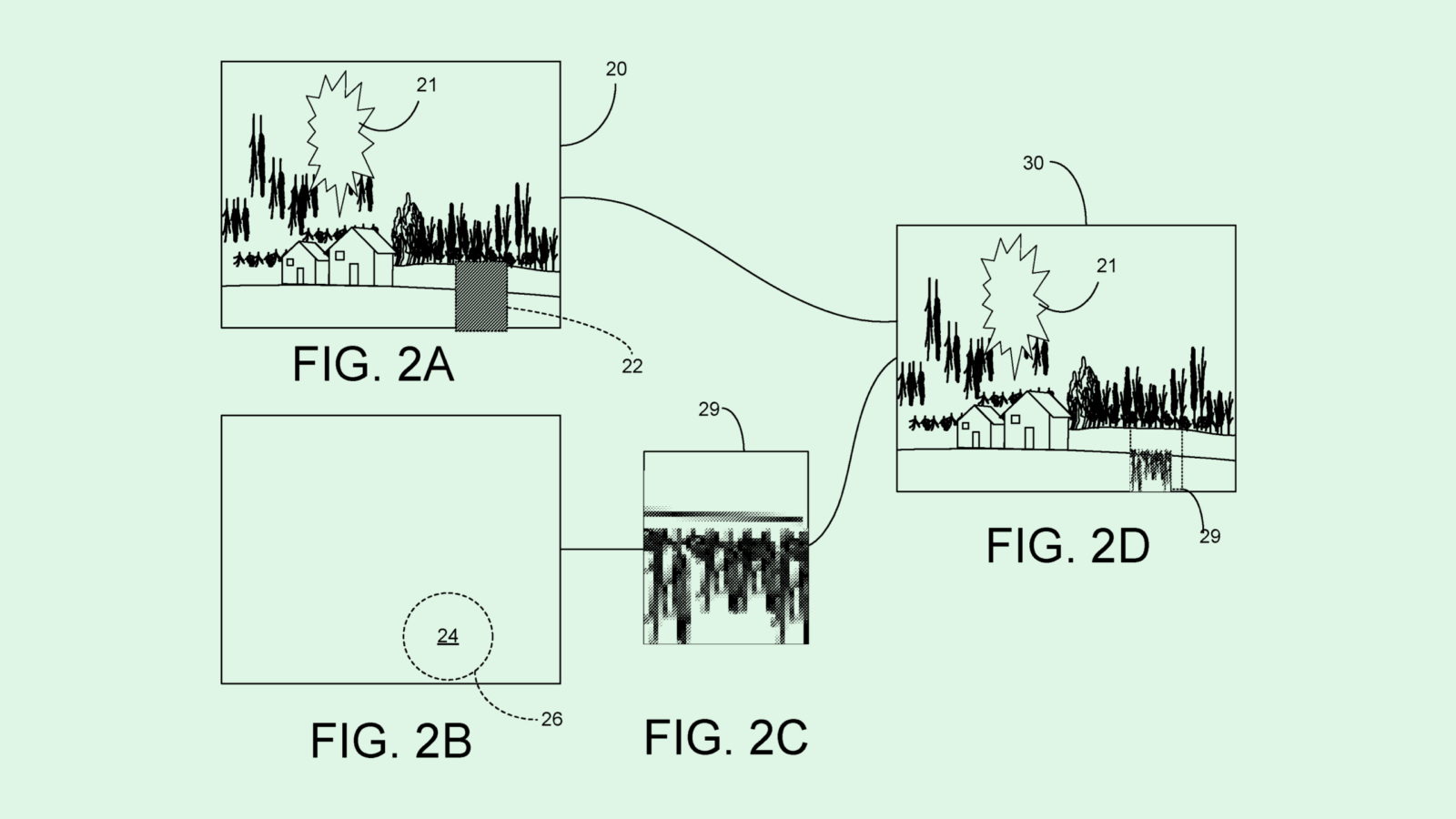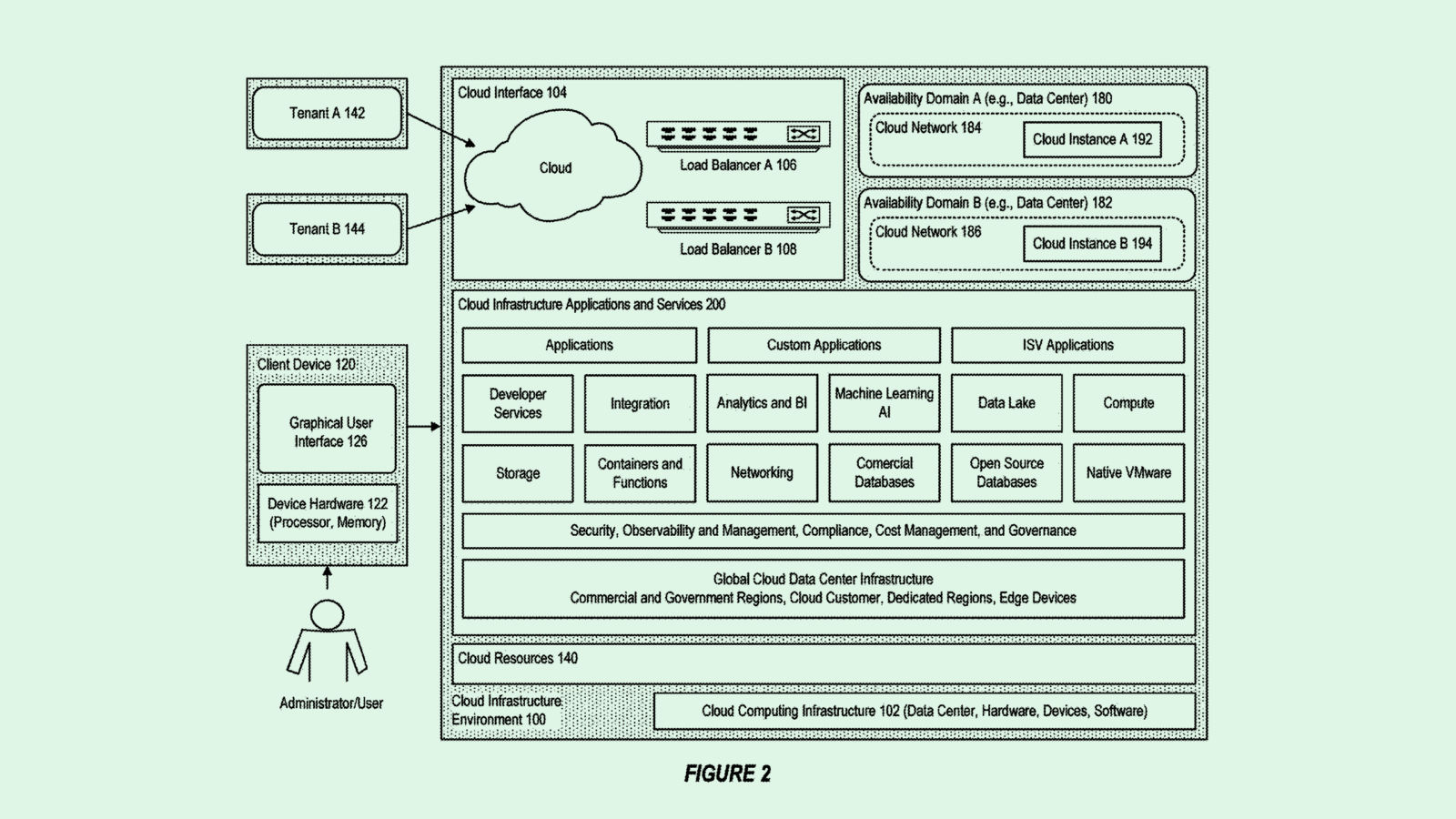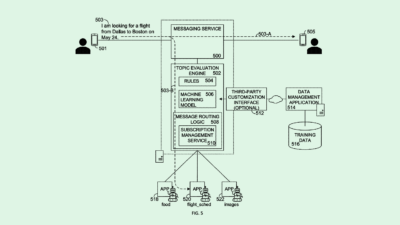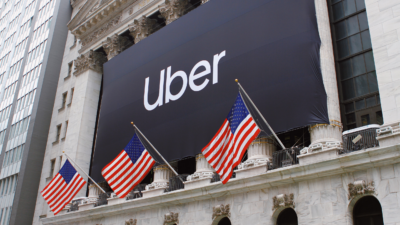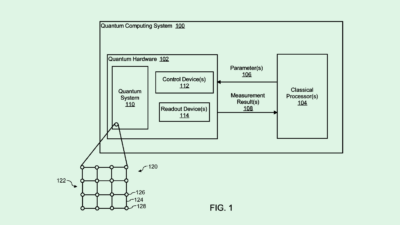Big Tech
Get More Than News. Get Insights.
Our daily email brings you smart and engaging news and analysis on the biggest stories in business and finance. For free.
-
Into the Future: The Patent Drop Highlight Reel

Photo via U.S. Patent and Trademark Office
-
Google May Be Giving Glasses Another Go. Will It Succeed?

Photo via U.S. Patent and Trademark Office
-
Oracle’s Cloud Business is Along for the AI Ride

Photo via U.S. Patent and Trademark Office




